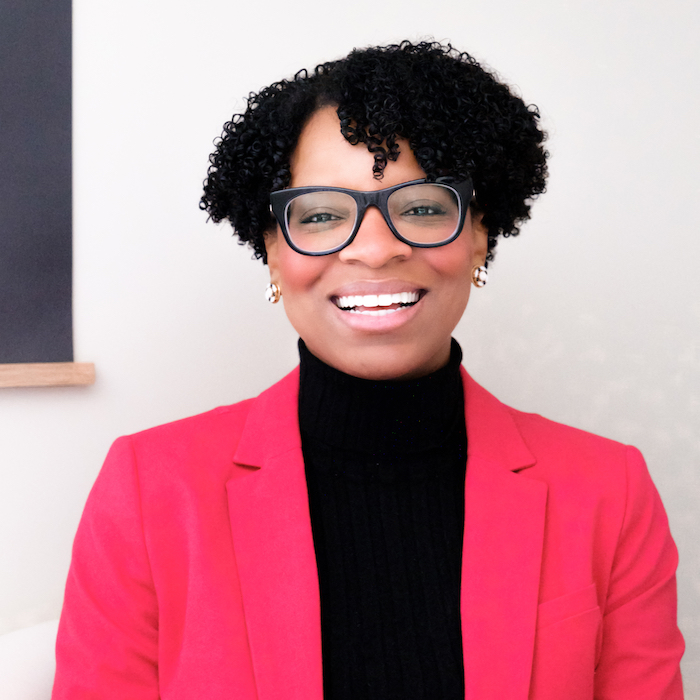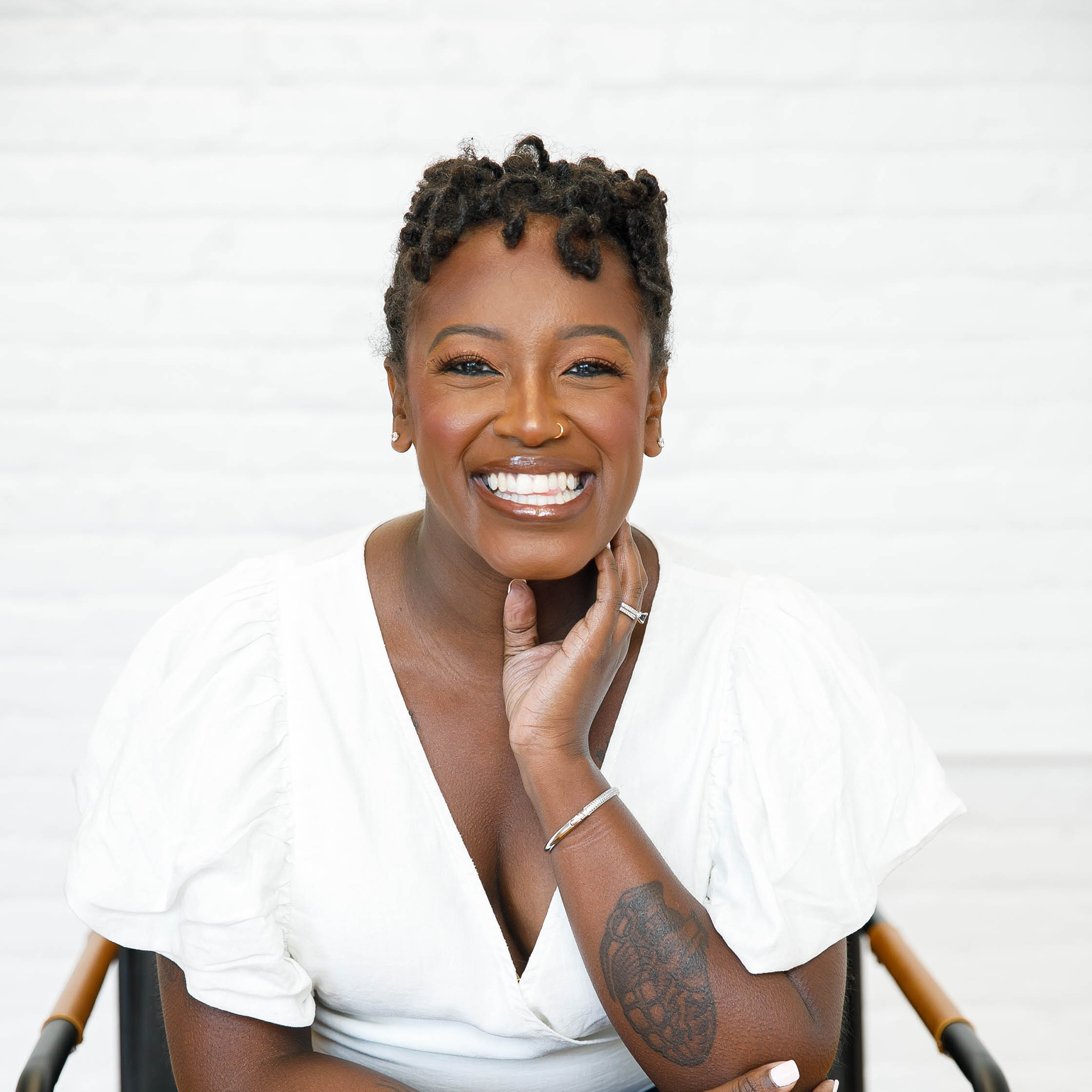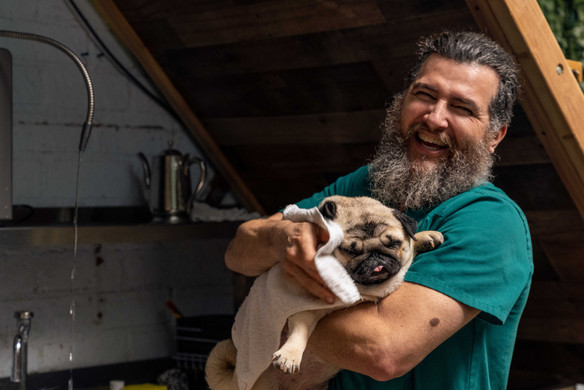Table of contents
When Julie Mabry opened up Pearl Bar in Houston 10 years ago, it was more than just a lesbian bar. It was a safe haven for the queer community.
“I noticed that my sister struggled with her identity from a young age,” said Mabry. “At sixteen years old, I saw how comfortable and safe she felt going into a gay bar. I couldn’t let that feeling go.” Mabry never forgot that moment. She was determined to create a space where LGBTQ+ folks could shed their inhibitions, let loose, and be themselves. In 2013, Pearl was born.
If Pearl’s origin story isn’t enough of a clue, then looking at its expansive programming proves this isn’t your run-of-the-mill establishment. Pearl, currently the only lesbian bar in Houston, is open six days a week and offers drinks and dancing, live DJ sets and Latin music nights, weekend food trucks, and steak dinners (and even crawfish, when it’s in season). The bar hosts fundraisers for LGBTQ+ causes and notable, near-nightly drag events featuring celebrated kings and queens. There’s also Drag Bingo, Queen Karaoke, and H-Town Kings Comedy night.
There’s something for everyone at Pearl, especially when it comes to drag. But building a safe space for the queer community comes with its own unique set of challenges, from thousands of dollars in added security costs to a surprising rejection for renewed insurance.
How the political climate affects queer-owned businesses
In 2017, Texas Senate Bill 6 aimed to prevent transgender individuals from using public restrooms that aligned with their gender identities. Though that bill didn’t pass, the political atmosphere hasn’t gotten any easier.
“People in our own community were making comments on our drag kings show,” Mabry said. “ It makes us a target. Being a target is what we’re most worried about.”
Earlier this year, Mabry said she applied to renew her insurance coverage for Pearl. When the underwriter responded, Pearl was denied coverage for 2024. The reason? Drag performances.
She sat with the news for a month before going public with it. “I wasn’t doing us justice, what we deserve, to not speak up about it,” Mabry said. “The drag community felt seen, and I think they realized I’m going to fight for them. The response has been amazing. ”
Unfortunately, Mabry’s experience wasn’t unique. She was contacted by two other bar proprietors whose insurance companies said the same thing, but they were afraid to talk about it publicly.
All of the obstacles take their toll — financially, emotionally, communally. “There were days I thought, ‘it’s not worth being in this environment,’” said Julie. “But then someone messaged me. They said they appreciated me speaking up.”
After Mabry’s story spread, the insurance company appeared to change its tune. “We’ve been reassured that the ‘live entertainment’ isn’t going to pose a problem,” Mabry said. “We’ve been reassured that this won’t happen again, but we’ll find out when we come up for renewal.”
Budgeting to build a safe space
The loss of insurance can completely halt any business, but the slow creep of incremental costs can also have a monumental impact. According to Mabry, the aftermath of the tragic Club Q and Pulse mass shootings in Colorado Springs and Orlando, respectively, has meant ongoing costs to maintain the safety of her staff and patrons.
“It’s been a significant expense to add security,” she notes.
“After Club Q, we had to rebuild the fence of our back patio to enclose it, we had to hire someone to metal-detect at the door, we had to hire extra security on the weekends. That extra security is around $3,000–$5,000 a month.”
At the end of the day the additional costs are worth every penny. “Our job, if we profit off the community, is to provide protection for the community,” Mabry said. “That’s the sole focus. Our customers are watching what we’re doing, and they appreciate that we’re fighting to have a safe space. ”
Finance in Focus: Building Trust in Yourself With Your Money

Aja Evans is a licensed mental health counselor who specializes in Financial therapy. She owns and operates a private practice in New York City.
Money management can be hard for anyone, but there’s a particular stress that comes when you’re the owner of a business. You’re keeping things running smoothly, increasing profits, and managing employees — not to mention, you may be providing for your family or have other responsibilities outside of work. It can be overwhelming! Managing so much can sometimes make you doubt yourself and your abilities. Let’s work on stomping out those imposter thoughts and building your self-confidence.
When you’re doing your bookkeeping at the end of every week, designate 10 minutes to note the positive financial behaviors you have and continue to do in your business, whether it’s setting aside emergency savings, running through your numbers weekly, or finding a better price on bulk ingredients. Regularly going through this exercise will show you that you’re better with money than you think and help build your confidence in managing your business finances. Building self-confidence is key to fighting self-doubt.
Good With Numbers: Make Confident Decisions With Budgets and Forecasts

Keila Hill-Trawick is founder and CEO of Little Fish Accounting, a boutique CPA firm dedicated to serving micro businesses through accounting and tax support.
Budgeting and forecasting are vital tools for navigating the ever-changing landscape of your business. Leveraging both will allow you to make informed decisions while staying ahead of the game.
In the simplest terms, a budget is a plan. It’s a benchmark to measure against throughout the year. By comparing actuals to the budget, you’re able to see if the activity each month aligns with what you had planned.
Forecasting is a prediction of what’s expected to happen in the future. By analyzing past performance, you can make projections about future growth, revenue, and expenses. Forecasts help you reconcile what you think is coming in and going out, and what is actually coming in and going out.
Seeing your forecast in relation to your budget can help you identify if you’re off track early. Are you not hitting goals because of seasonal factors, or do you need to rethink your investments in the business? In the latter instance, it may be wise to cut back on operating expenses like marketing, professional development, or hiring until revenue picks back up.
Both of these require a bit of guesswork, so the goal isn’t to get it perfect. But the more consistent you are at looking at this data and making changes accordingly, the better equipped you’ll be to make decisions that will impact the future of your business.
Tune in to this 12-minute podcast for tips to create a budget and forecast.
![]()









